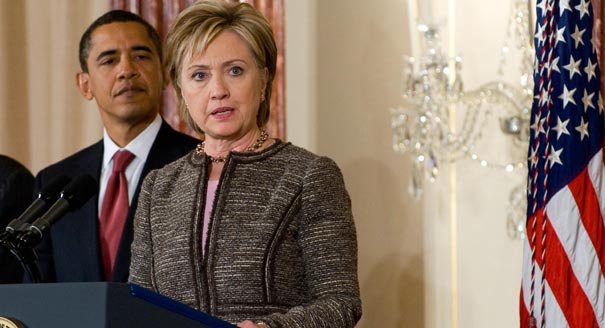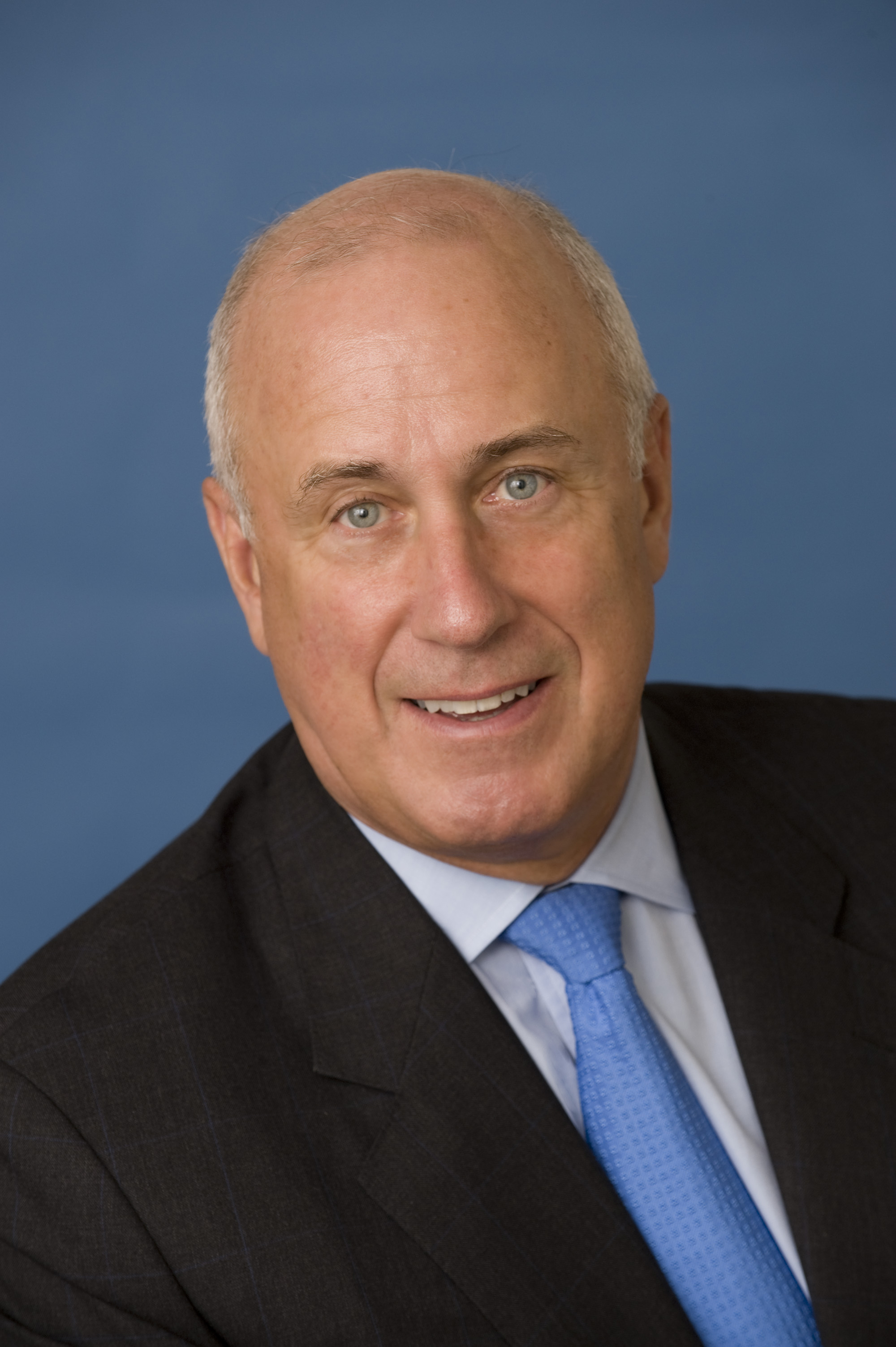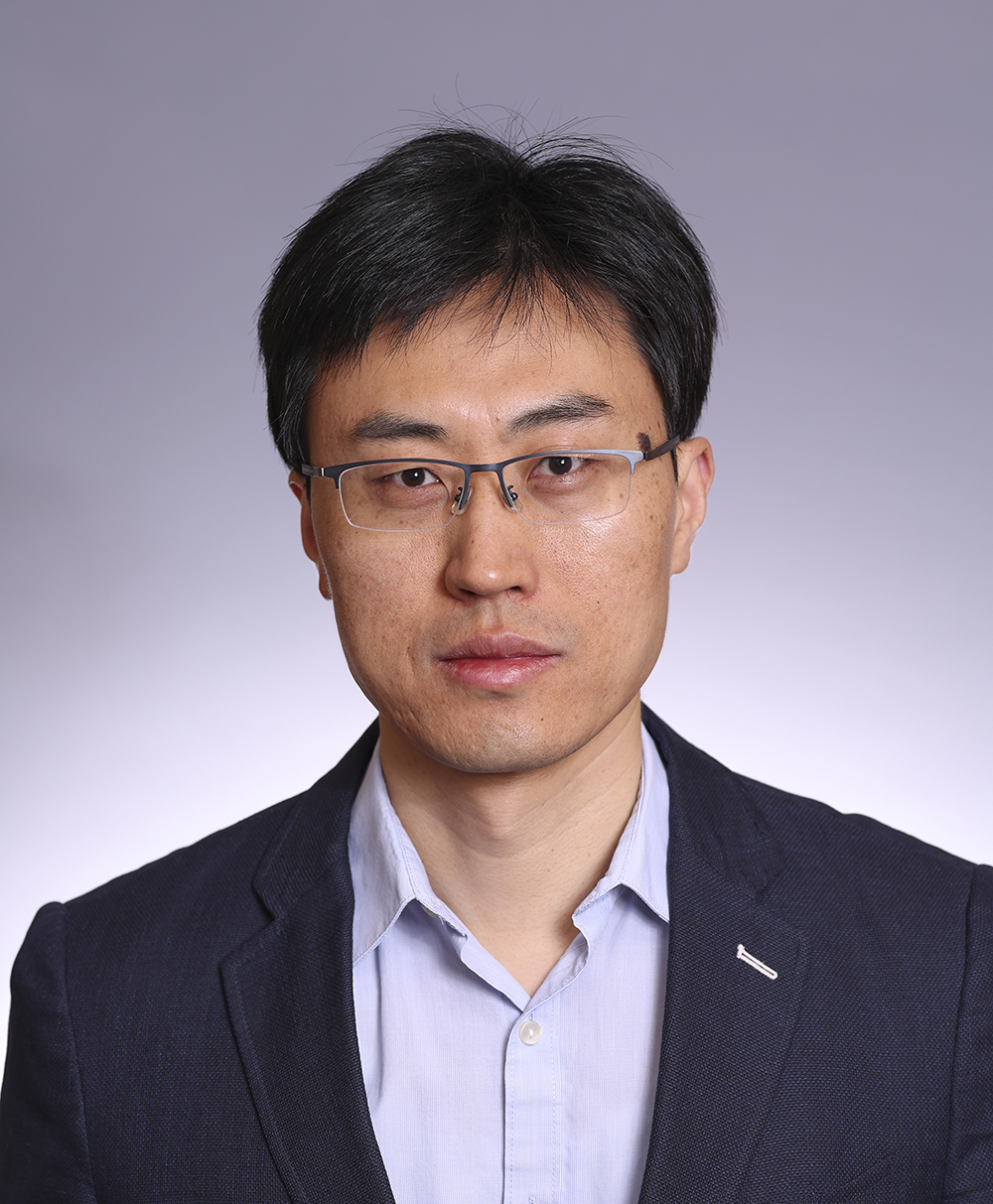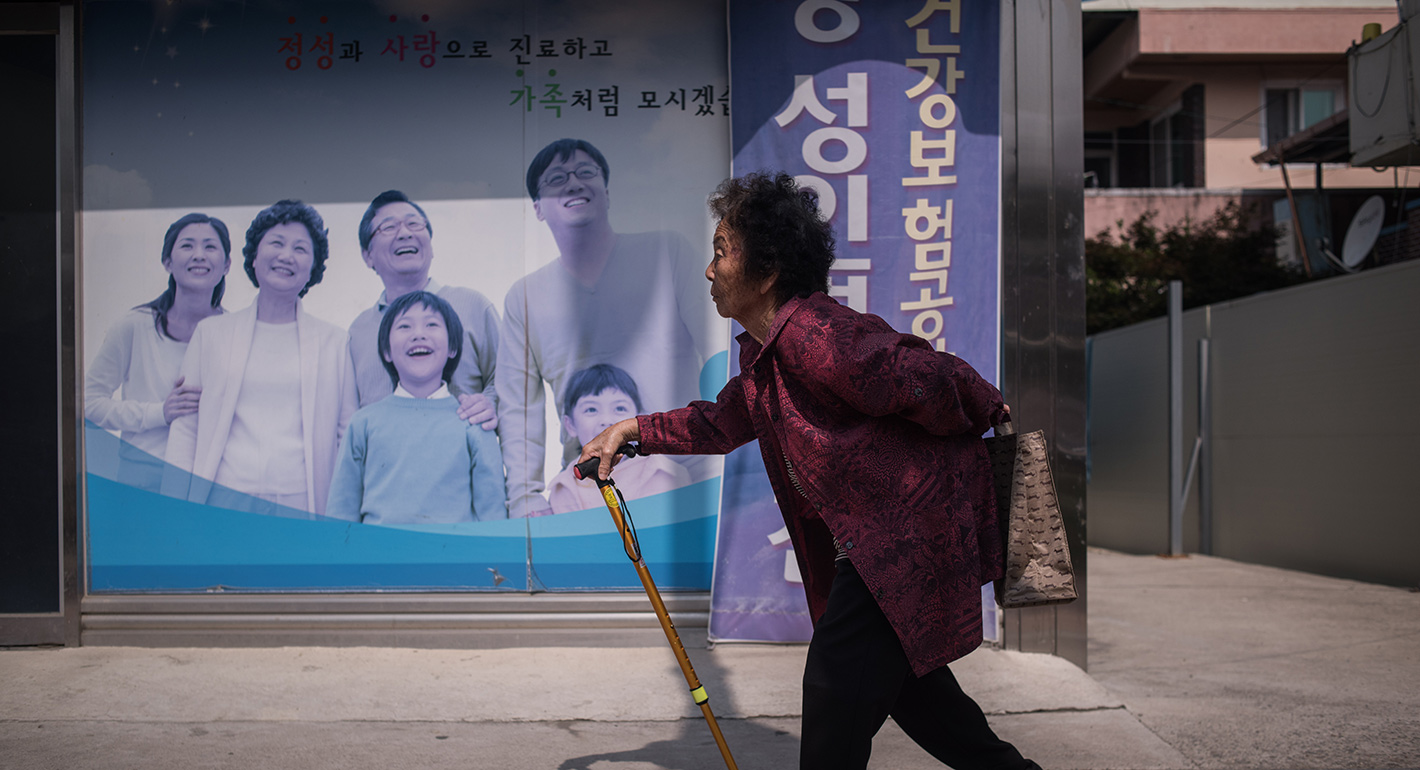Douglas H. Paal
{
"authors": [
"Douglas H. Paal"
],
"type": "legacyinthemedia",
"centerAffiliationAll": "dc",
"centers": [
"Carnegie Endowment for International Peace"
],
"collections": [],
"englishNewsletterAll": "asia",
"nonEnglishNewsletterAll": "",
"primaryCenter": "Carnegie Endowment for International Peace",
"programAffiliation": "AP",
"programs": [
"Asia"
],
"projects": [],
"regions": [
"North America",
"United States",
"East Asia",
"South Korea",
"North Korea"
],
"topics": [
"Security",
"Military",
"Foreign Policy"
]
}
Source: Getty
The Clintons’ High-Return Diplomacy
The Obama administration deserves credit for its approach to North Korea. By treating the regime with dignified tact and disassociating negotiations over the American journalists from larger nonproliferation objectives, the U.S. may have opened future diplomatic doors.
Source: New York Times

Ever since the journalists, Laura Ling and Euna Lee, were captured on North Korea’s border with China in March, America has had little diplomatic leverage. The Obama administration had two choices: to demand their release in a loud and threatening tone, or to use wits and discipline.
Some commentators are suggesting that the Clintons’ actions showed American weakness by expressing regret to a ruthless dictator. These critics need to ask themselves: how would a more aggressive approach have gained the release of these two women from a sentence of 12 years of hard labor?
Previous episodes of Americans drifting into North Korea — including an American helicopter pilot captured in 1994 who was released after Bill Richardson, then a member of Congress, traveled to Pyongyang — have taught us the pattern. First, North Korea protests the violations of its territory. Then it threatens or sentences the individuals. Finally, talks between North Korean diplomats, private intermediaries and American officials come up with a way for the North to climb down while saving face.
Bolstering the egos of Pyongyang’s leaders is no pleasure. Look at Bill Clinton’s grim expression in photos of him with Mr. Kim. But it is a proved means to a desired end.
The public stance of the Obama administration was dignified and correct throughout. Mrs. Clinton rightly acknowledged the prevailing legal system in North Korea in making a public plea for clemency, and Bill Clinton delivered the request in person. The alternative — having administration officials rant about the many perversions of the North’s system — would not have brought the journalists home.
The administration also deserves credit for insisting that these negotiations had nothing to do with efforts to penalize North Korea for its belligerence. It pressed hard for two sets of sanctions at the United Nations Security Council after North Korea’s test firing of a long-range missile in April and nuclear test in May. Will Mr. Clinton’s visit be a turning point in relations with North Korea? That is more up to Pyongyang than Washington. Kim Jong-il, who is reported to have had a stroke last year, looks frail but he is not necessarily dying. He seems to have completed his efforts to rally military support for his plan to have his 26-year-old son succeed him. He may be ready now to turn a more cooperative face to the outside world, if only for domestic political reasons.
In any new talks, of course, we can expect Pyongyang to try all sorts of diplomatic reversals to increase its leverage and gain bigger payoffs. Fortunately, the Obama administration has proved itself wary. For example, it has refused the North’s offers to resume bilateral negotiations unless Pyongyang agrees to return to the agreements reached during now-stalled six-party talks.
If tensions begin to cool and North Korea shows itself more open to legitimate talks, then the Clinton diplomacy will have helped to produce unexpected dividends. For the moment, however, it is enough to have two of our citizens back from the gates of Hell with America’s dignity intact.
About the Author

Distinguished Fellow, Asia Program
Paal previously served as vice chairman of JPMorgan Chase International and as unofficial U.S. representative to Taiwan as director of the American Institute in Taiwan.
- America’s Future in a Dynamic AsiaPaper
- U.S.-China Relations at the Forty-Year MarkQ&A
- +1
Douglas H. Paal, Tong Zhao, Chen Qi, …
Recent Work
Carnegie does not take institutional positions on public policy issues; the views represented herein are those of the author(s) and do not necessarily reflect the views of Carnegie, its staff, or its trustees.
More Work from Carnegie Endowment for International Peace
- The Gulf Monarchies Are Caught Between Iran’s Desperation and the U.S.’s RecklessnessCommentary
Only collective security can protect fragile economic models.
Andrew Leber
- Duqm at the Crossroads: Oman’s Strategic Port and Its Role in Vision 2040Commentary
In a volatile Middle East, the Omani port of Duqm offers stability, neutrality, and opportunity. Could this hidden port become the ultimate safe harbor for global trade?
Giorgio Cafiero, Samuel Ramani
- Europe on Iran: Gone with the WindCommentary
Europe’s reaction to the war in Iran has been disunited and meek, a far cry from its previously leading role in diplomacy with Tehran. To avoid being condemned to the sidelines while escalation continues, Brussels needs to stand up for international law.
Pierre Vimont
- Governing Aging Economies: South Korea and the Politics of Care, Safety, and WorkPaper
South Korea’s rapid demographic transition previews governance challenges many advanced and middle-income economies will face. This paper argues that aging is not only a care issue but a structural governance challenge—reshaping welfare, productivity, and fiscal sustainability, and reorganizing responsibilities across the state, private sector, and society.
Darcie Draudt-Véjares
- Lessons Learned from the Biden Administration’s Initial Efforts on Climate MigrationArticle
In 2021, the U.S. government began to consider how to address climate migration. The outcomes of that process offer useful takeaways for other governments.
Jennifer DeCesaro










